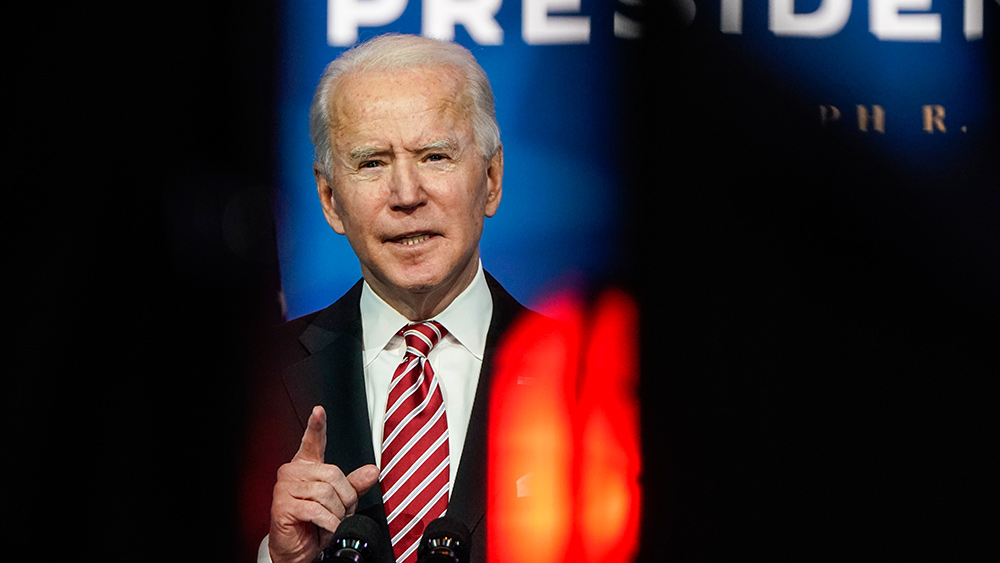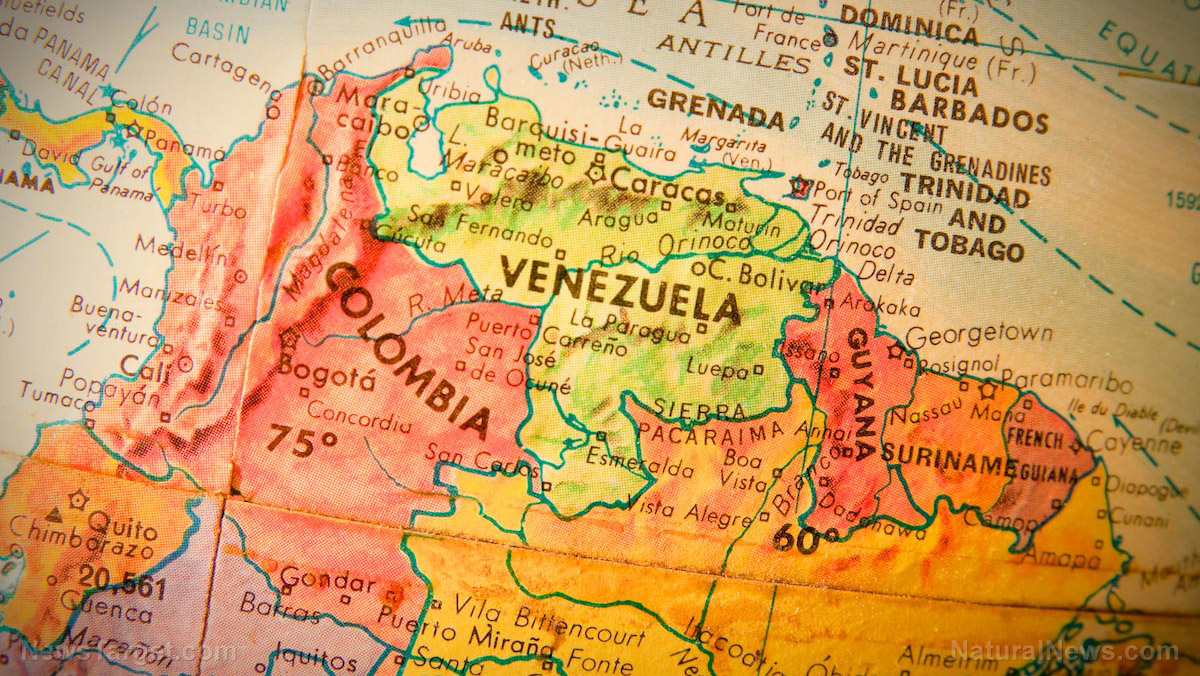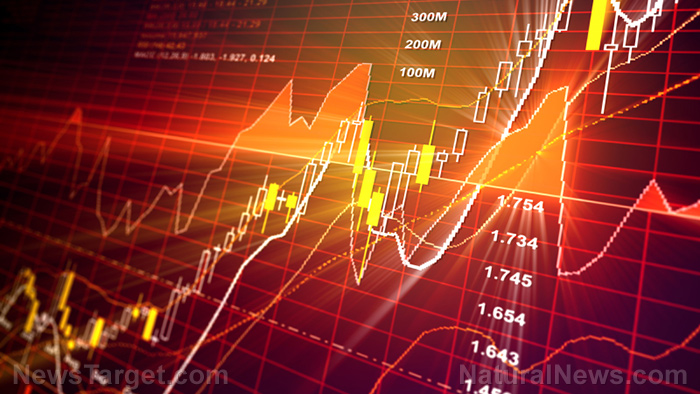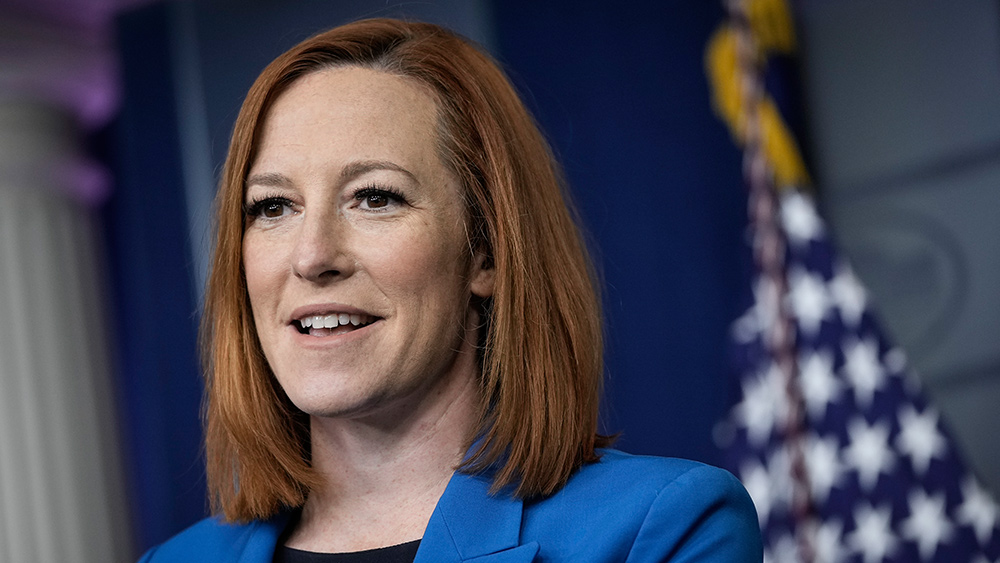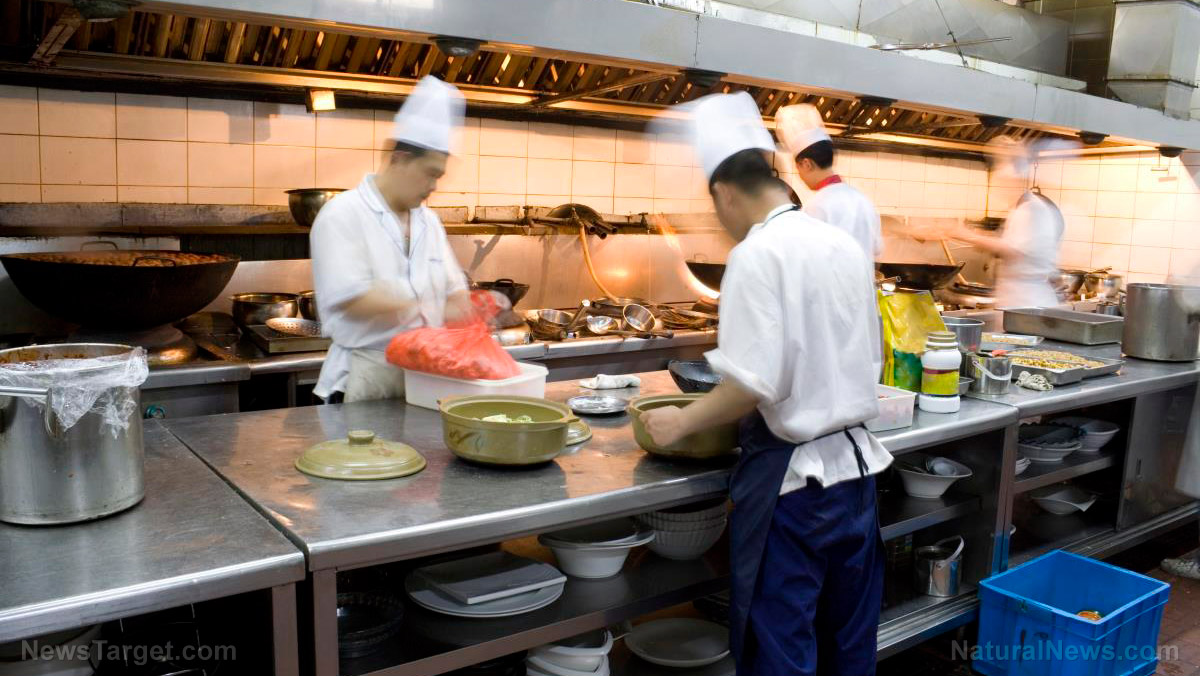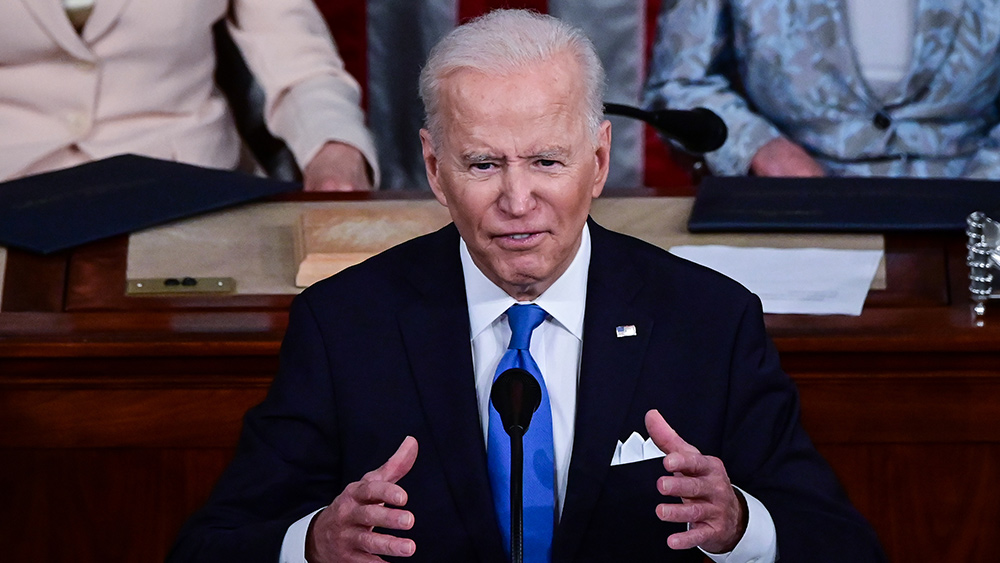Inflation worries reach Japan as global financial crisis looms
10/13/2021 / By Arsenio Toledo
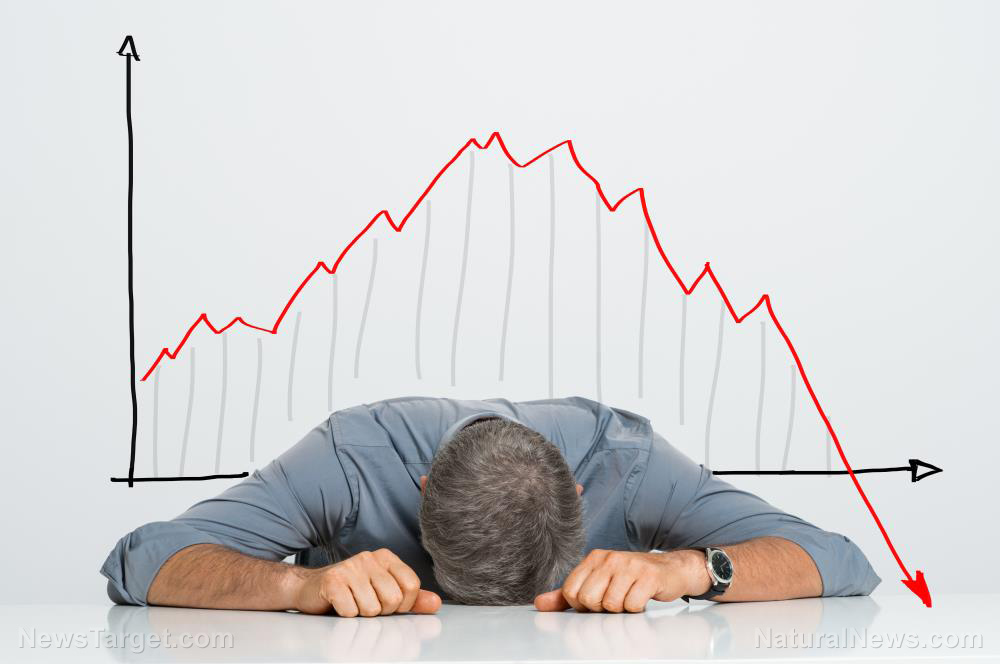
Inflation worries have reached the shores of Japan, a country known for being prone to deflation, leading to fears of a global financial crisis that could upend the world’s already strained supply chains.
“How far it may rise depends on currency and commodity prices, but it looks to remain elevated and a sharp drop is unlikely,” says Shinji Ebihara, a financial strategist at Barclays Plc in Tokyo.
Japan’s 10-year breakeven rate – a gauge investors and financial analysts use to predict the country’s potential inflation rate over the next 10 years – has hit its highest since 2018. This rise is fueled by a slump in the yen against the dollar and a surge in domestic commodity prices. Financial analysts do not expect this rise to reverse anytime soon.
“Japan’s breakeven is unlikely to fall immediately as it typically tracks the U.S. breakeven inflation rate which is also on the rise,” explains Katsutoshi Inadome, a financial strategist for Mitsubishi UFJ Financial Group in Tokyo. “U.S. inflation worries are lingering with the rise in commodities prices and supply constraints.”
Japan’s inflation rate hits 13-year high
The country’s wholesale inflation rate has also hit its highest point in 13 years. Consumer prices stopped falling in August for the first time in 13 months, ending the country’s longest stretch of deflation since 2011.
The rise in inflation has increased the prices for goods and services, with the corporate goods price index showing a 6.3 percent rise in costs in September. This has put a significant dent in corporate profit margins in the country and raised the risk of unwanted price hikes for consumer goods.
All of this is putting a strain on manufacturers in Japan, which has already been hit by supply constraints due to the immense pressure put on global supply chains. (Related: Lebanon plunged into darkness, India faces rolling blackouts, NYC pharmacy shelves BARE as global collapse accelerates, leading to rolling blackouts across the USA.)
“If rises in raw material costs accelerate, companies selling final goods prices will see profits squeezed,” says Toru Suehiro, a senior economist for investment bank Daiwa Securities.
The inflation has also affected the energy crisis that has started affecting other parts of the world, including in neighboring China. Oil prices have surged, forcing the price of petroleum and coal to go up by 32.4 percent and wood products to spike by 48 percent. “As Japan is a net importer of fuel, such cost-push inflation could hurt the economy,” says Suehiro.
An index gauging wholesale import prices in Japan has shown that prices have surged by a record 31.3 percent in September from a year earlier. This is more evidence pointing to the weakening of the yen. This will affect the bottom line of corporations that mainly do business using the yen, which could lead to a rise in consumer prices.
“A double whammy of declining yen value and rising energy costs could be a huge blow to Japan’s economy,” says Mari Iwashita, chief market economist at Daiwa Securities.
Atsushi Takeda, chief economist for an economic research think tank, is a bit more optimistic about the inflation. He believes consumers won’t be affected that much. “Most of the rise in wholesale prices will be absorbed by companies with the impact on consumers likely marginal, such as through higher gasoline costs,” says Takeda.
Despite Takeda’s optimism, many financial experts are worried that a financial crisis is approaching. Many used to believe that the inflation, supply chain strains and price rises associated with the aftermath of the Wuhan coronavirus (COVID-19) pandemic are only temporary. If a crisis-averse country like Japan can be affected, their predictions may be off their mark.
Learn more about how the economies of countries around the world are extremely vulnerable to crises by reading the latest articles at MarketCrash.news.
Sources include:
Tagged Under: Bubble, consumer prices, crisis, deflation, economic crash, economic crisis, economy, finance, financial crisis, Inflation, Japan, market crash, money supply, risk, supply chain, supply chain crisis
RECENT NEWS & ARTICLES
COPYRIGHT © 2018 GOVERNMENTDEBT.NEWS
All content posted on this site is protected under Free Speech. GovernmentDebt.news is not responsible for content written by contributing authors. The information on this site is provided for educational and entertainment purposes only. It is not intended as a substitute for professional advice of any kind. GovernmentDebt.news assumes no responsibility for the use or misuse of this material. All trademarks, registered trademarks and service marks mentioned on this site are the property of their respective owners.

